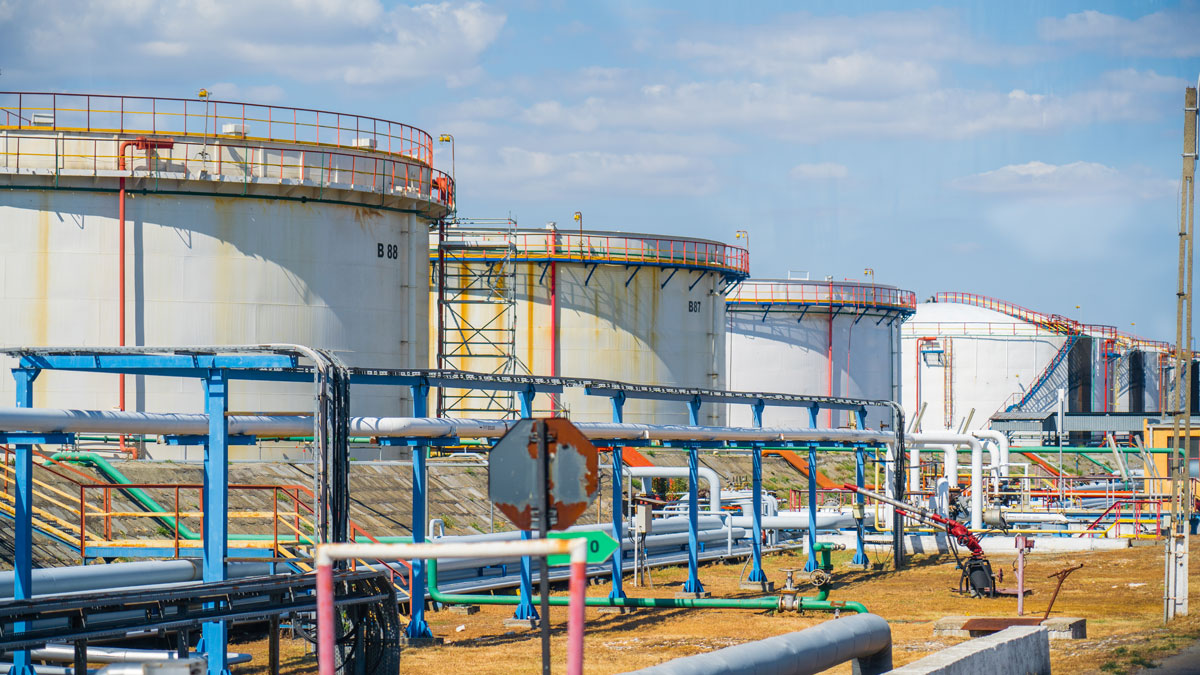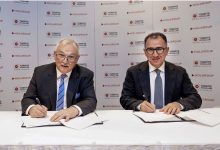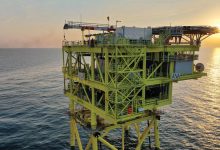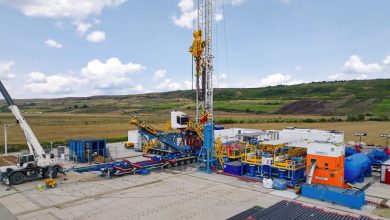Caspian Pipeline Consortium to Suspend Activity: Impact on Romania
Caspian Pipeline Consortium (CPC), which takes oil from Kazakhstan to the Black Sea via one of the world’s largest pipelines, has been told by a Russian court to suspend activity for 30 days, although exports were still flowing, Reuters reported. CPC representatives say the suspension of operations targets problems related to the management of oil leaks and the consortium decided to comply with the court’s decision.
A Russian court ordered the consortium operating the pipeline that carries crude oil from the Caspian Sea to suspend its activity for 30 days. The Caspian Pipeline Consortium (CPC) is one of the largest in the world, and Romania imports oil from Kazakhstan for the Petromidia refinery in Navodari through it. CPC is 1,511 kilometers long. It starts from the Tengiz field in Kazakhstan and reaches the Russian Black Sea coast, in Novorossiysk. From here, oil is loaded in tankers and exported further, including in Romania.
In the context of the information published in the public space regarding a possible suspension of the Caspian Pipeline Consortium’s operations on the territory of the Russian Federation, KMG International Group confirms that any suspension of Caspian Pipeline Consortium’s activities will not impact the supply of crude to Petromidia refinery.
“The share of Caspian Pipeline Consortium crude oil in the recipes for obtaining petroleum products from the refinery is low, compared to other types of crude oil currently used. Currently, the largest refinery in Romania – Petromidia Navodari, is operating at optimum capacity, in accordance with the production plans approved for this year.
Through KMG Trading, the division for the supply of raw materials and the sale of petroleum products, the KMG International Group has the necessary experience and capacity to identify and ensure the supply of crude oil to Petromidia refinery.
We also add that any measures regarding the CPC’s activity will not influence the Romanian petroleum products market, the Group will continue to honor its contractual obligations and fuel deliveries,” the press release issued by KMG International Group reads.
KMG International specifies that in the port of Novorossiysk there are two oil terminals, both ensuring the transport and delivery of Kazakh oil in the Black Sea.
One is operated by Caspian Pipeline Consortium and is connected to the oil pipeline on Tengiz – Novorossiysk route. It allows the loading of CPC blend crude oil through the three offshore floating terminals operated off the Black Sea.
The second oil terminal – Sheskharis ensures the loading of crude oil from the Atyrau – Samara pipeline through the onshore berths operated in the port of Novorossiysk. Through it, other types of crude oil are also delivered, including KEBCO (Kazakh Export Blend Crude Oil).
Any major disruption to the CPC would put further strain on the global oil market which is facing one of its the worst supply crunches since the Arab oil embargo in the 1970s.
The CPC pipeline has been in the spotlight since Russia calls a “special military operation” in Ukraine, which has restricted Russian exports amid Western sanctions and led to an oil price spike.
About CPC
Caspian Pipeline Consortium (CPC) is a major international crude oil transportation project with the participation of Russia, Kazakhstan and leading international oil and gas companies, created for construction and operation of a trunk pipeline more than1.5 thousand kilometres long.
The primary source of crude oil is from prolific fields in Western Kazakhstan with additional crude oil from Russian producers. This crude oil is transported through the CPC pipeline to the Company’s Marine Terminal in Yuzhnaya Ozereevka (Novorossiysk) where the crude oil is loaded on ocean going tankers for further delivery to the world markets.
Construction of the crude pipeline system commenced on May 12, 1999. On October 13, 2001, CPC loaded its first tanker at the Marine Terminal near Novorossiysk. Deliveries via the CPC system increased annually and by 2004 CPC had achieved its initial phase full throughput capacity of 28.2 MTA. Since 2005, CPC, with the use of flow improvers, has increased its transportation volumes to capacity of 35 MTA.
But overall, the CPC system has not yet reached its capacity limit. From the very beginning, the CPC Project was developed with the expectation of increasing the initial throughput capacity by almost 2.5 times. In 2018, the Caspian Pipeline Consortium completed the Project to expand the capacity of its pipeline system to 67 million tons of oil per year, which brought the Company to a new economic level. Implementation of the Debottlenecking Program launched in 2019 and designed to increase oil pumping through the Consortium’s system to more than 83 million tons of oil per year, is currently ongoing.
CPC annually transports more than one third of all export crude oil from Kazakhstan, a state with a growing significance in terms of oil product deliveries to the world markets.
CPC shareholders are: Transneft – Russian state-owned company managing oil transport through oil pipelines (24%), KazMunayGas – the state-owned oil company of Kazakhstan, which also owns Rompetrol (19%), Chevron Caspian Pipeline Consortium Company (15%), Lukoil International (12.5%), Mobil Caspian Pipeline Company (7.5%), Rosneft-Shell Caspian Ventures Limited (7.5%), CPC Company (7%), BG Overseas Holding Limited (2%), Eni International (2%), Kazakhstan Pipeline Ventures (1,75%), Oryx Caspian Pipeline (1,75%).







